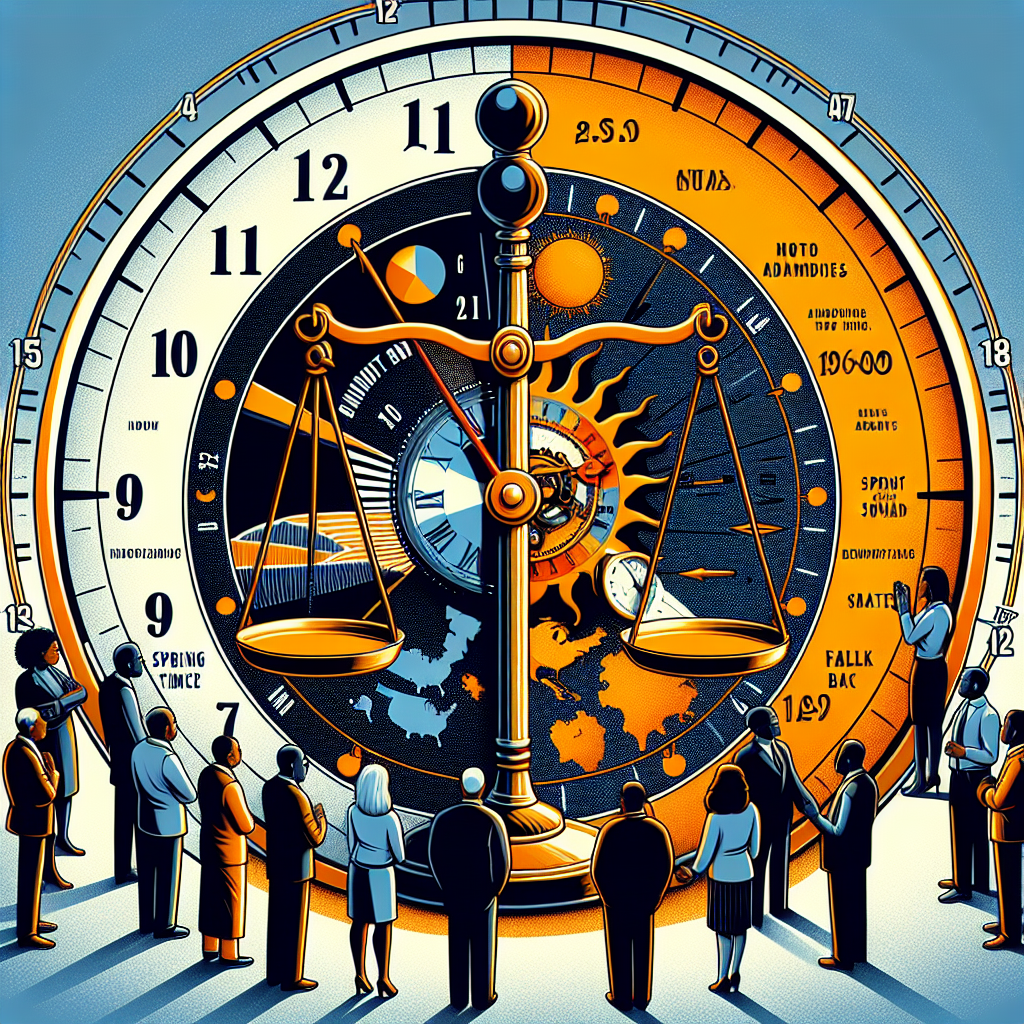As clocks prepare to spring forward or fall back, Americans are once again gearing up for the biannual ritual of Daylight Saving Time (DST), a practice that remains both widespread and controversial. The article titled “When Does the Time Change 2025? Everything You Need to Know About Daylight Savings” published by StartupNews.fyi outlines the key dates and practical implications of the upcoming time changes in 2025, offering a timely reminder of the tradition’s ongoing relevance.
According to the original report, Daylight Saving Time in 2025 will begin on Sunday, March 9 at 2:00 a.m., when clocks will move ahead by one hour, effectively shifting an hour of daylight from the morning to the evening. The reverse shift will occur on Sunday, November 2, when the clocks fall back by one hour at 2:00 a.m., reinstating standard time.
Enacted nationally during World War I to conserve energy, DST has since evolved into a fixture of American life—though its application and effectiveness are increasingly being scrutinized. Studies have produced mixed findings on whether DST produces the intended energy savings, and critics argue that its effects on public health, sleep patterns, and accident rates merit reconsideration. Meanwhile, some states have already taken legislative steps to potentially opt out of the arrangement, or to remain in permanent daylight time—with federal approval still pending in many cases.
The piece from StartupNews.fyi emphasizes the logistical and lifestyle considerations associated with the time shifts. These include guidance on adjusting sleep schedules in advance, updating digital clocks and devices, and planning for the disruptions that can occur in both personal routines and broader operational systems—such as travel timetables and healthcare scheduling.
In recent years, calls for change have gathered momentum in Washington. Bipartisan legislation like the Sunshine Protection Act has aimed to make DST permanent, though such proposals have repeatedly stalled in Congress. Public opinion remains divided, with some welcoming the extended evening light and others pointing to the adverse consequences of shifting time twice annually.
As 2025 approaches, the enduring relevance of DST continues to spur debate among lawmakers, scientists, and the public at large. Regardless of where the consensus ultimately lands, the dates laid out by StartupNews.fyi serve as a clear signal: for now, Americans should be prepared to reset their clocks in accordance with longstanding federal policy. The forward jump in March and the rollback in November remain fixtures of the U.S. calendar, even as their future remains uncertain.



